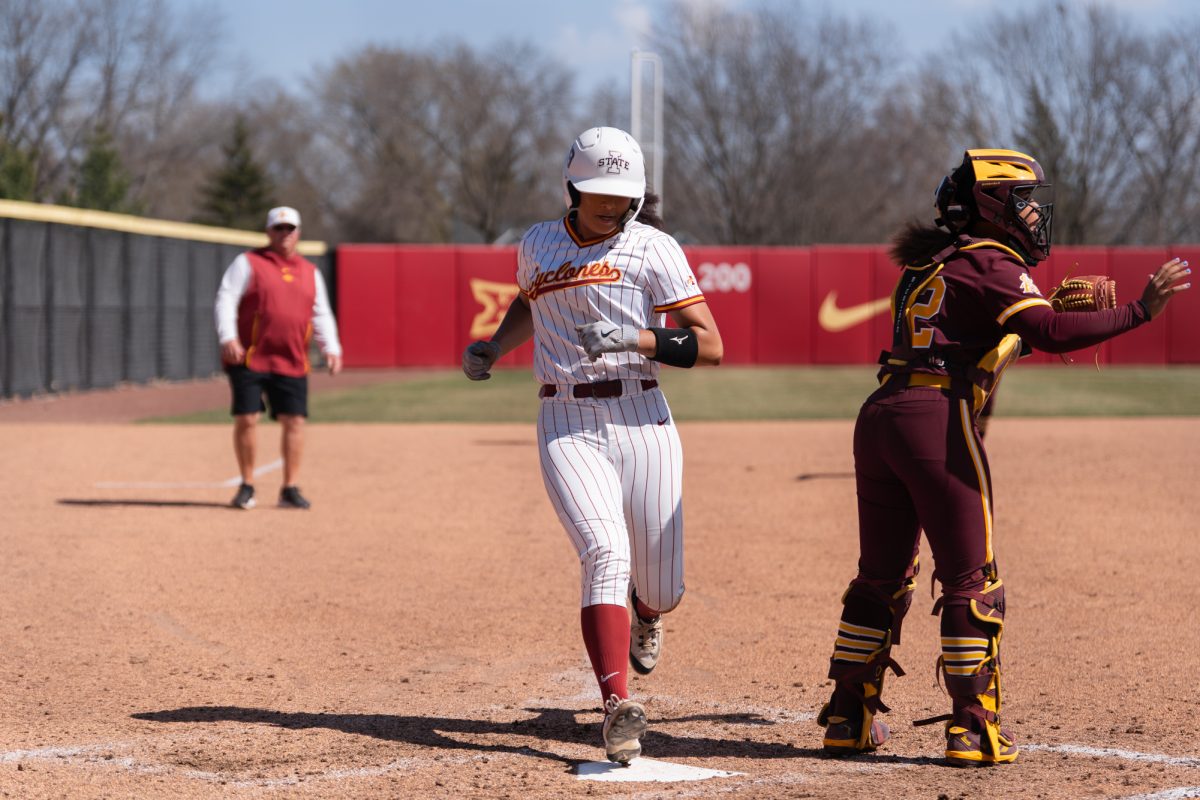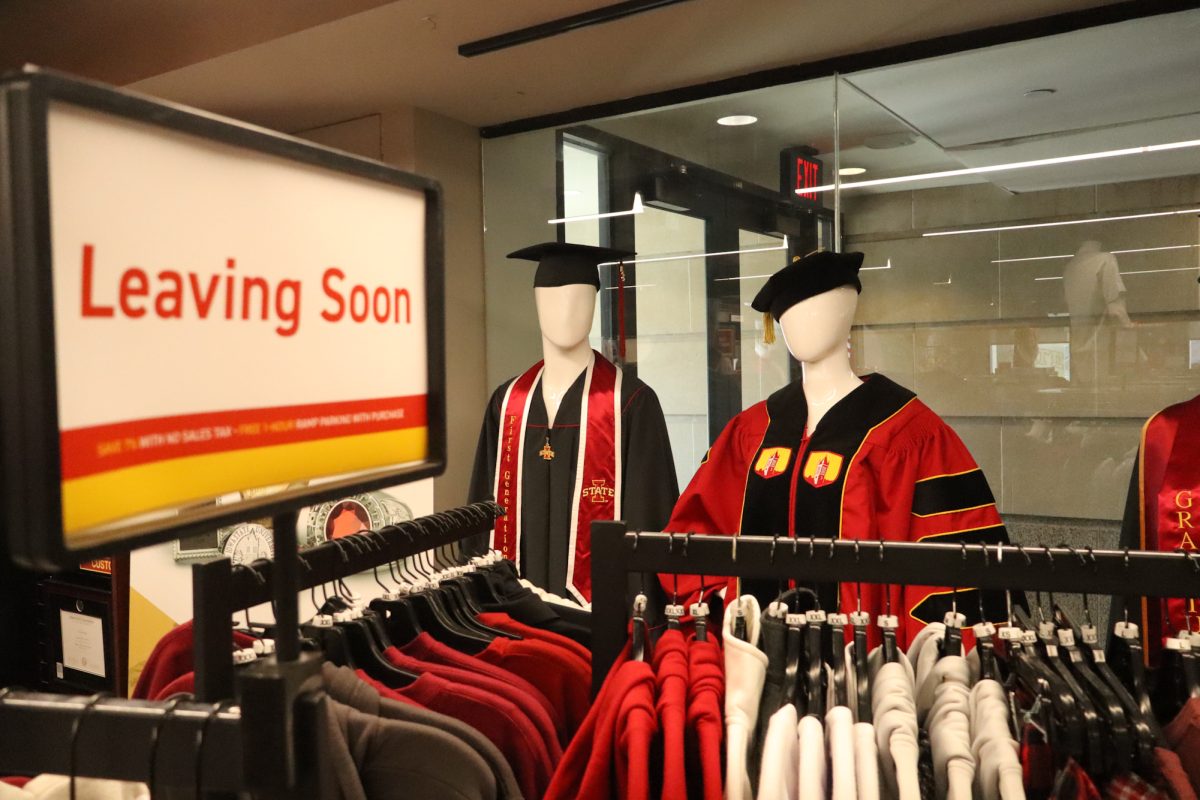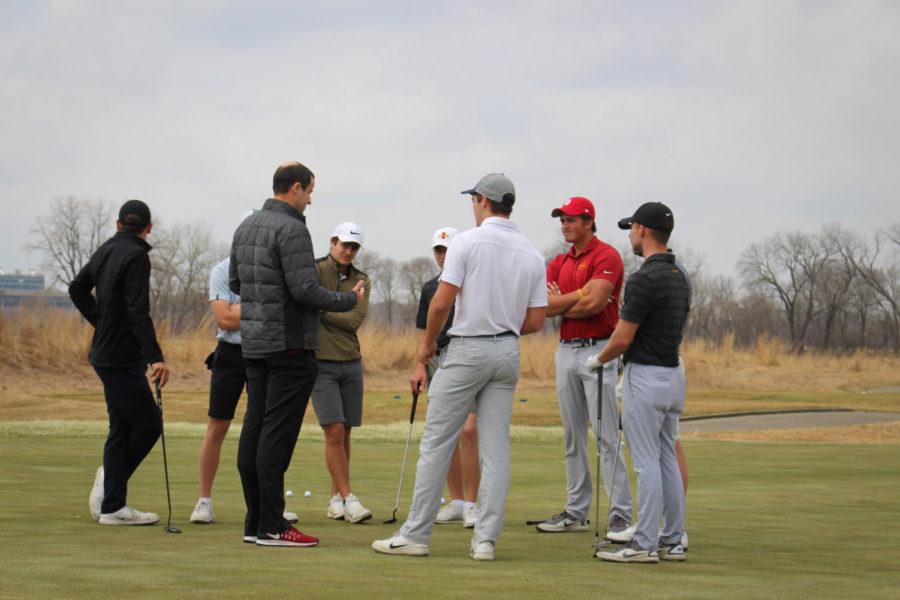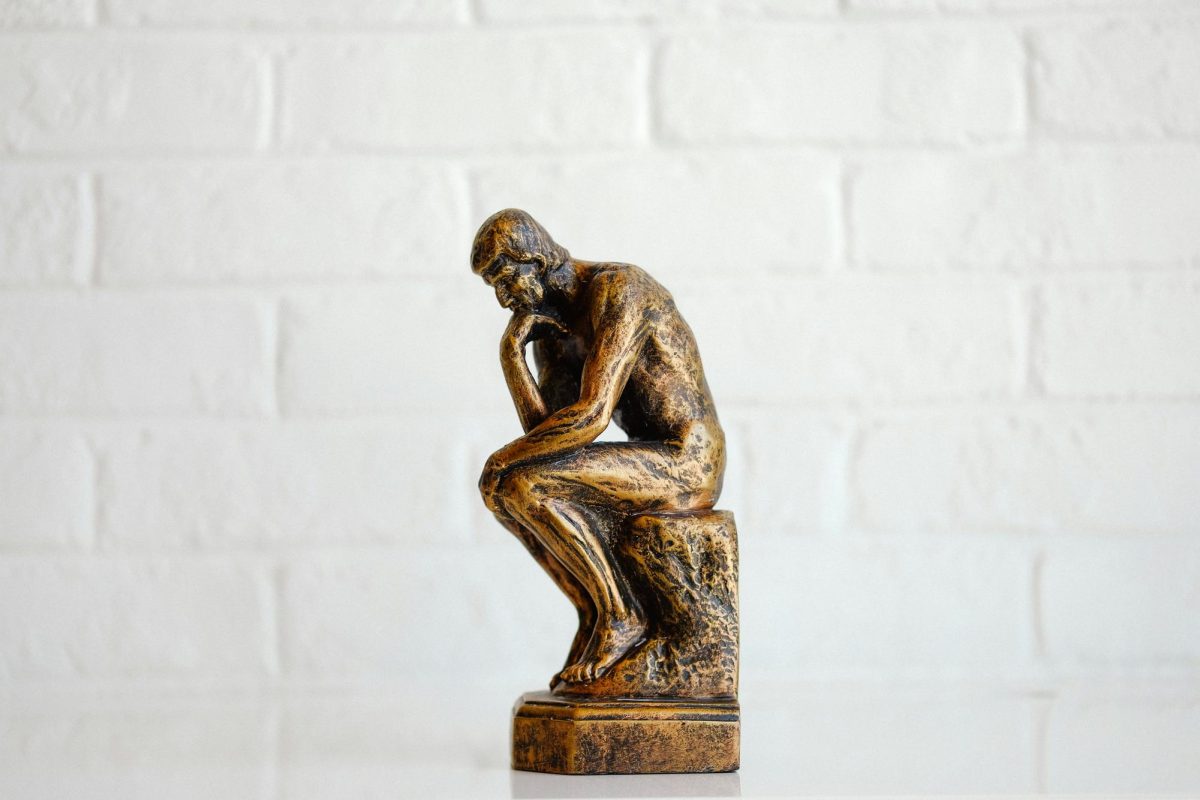A look at the freedoms around the world
April 11, 2018
April 12, 2018 is a day of celebration of the First Amendment.
Written in the U.S. Constitution are the freedoms of press, religion, speech, assembly and petition. Throughout the world though, these freedoms look different.
Here is at other countries around the world in relation to these five freedoms.
EUROPE:
Germany:
The Constitutional Court has repeatedly ruled in favor of press freedom, however, German law allows the surveillance of foreign journalists. Compared to other countries, laws regulating information access are still weak. Freedom of belief and religion are protected at the federal level, however, some parts of Germany have banned the use of headscarves for teachers and civil servants. Germany also passed legislation criminalizing hate speech in 2017. Despite these limitations, free expression is, for the most part, allowed and protected in Germany. Freedoms of assembly and petition are also protected.
England:
Parliament passed extreme supervision legislation, the Investigatory Powers Act 2016. Journalists and their sources lack a protective mechanism which poses a serious threat to investigative journalism. Freedom of assembly is protected both constitutionally but, in recent years, police have come under fire for some actions taken in the name of “crowd control” during protests. England does have freedom of expression, but these rights, such as speech and petition, can be limited by the government in issues deemed to be of public interest. England also protects freedom of religion, and it does not protect freedom of petition on a legislative level.
Russia:
Independent journalists are either controlled or silenced by the Russian government. The atmosphere at the national level encourages officials outside Moscow to crack down on press. Freedom of speech is constitutionally protected, but supplementary laws that do not clearly define extremism, which is criminalized, are often used to restrict speech. Russia uses the excuse of silencing extremists to unevenly apply freedom of belief and religion. Religious minorities are often on the receiving end of harassment. Freedom of assembly is protected unevenly within Russia — pro-Kremlin protests receive little harassment while protests that are critical of the regime may face legal and physical threats. Russia constitutionally protects freedom of assembly. Russia does not protect freedom of petition on a legislative level.
THE MIDDLE EAST:
Oman:
Censorship has been ubiquitous for the past 45 years. The internet is an important alternative space for public opinion, so citizen journalists often become the authorities’ targets. They are often arrested and sometimes held in solitary confinement. They were sentenced to long imprisonment for insulting the head of state or the country’s cultural practices, inciting demonstrations and disrupting public order. Islam is the state religion and that Shari’a is the source of legislation but discrimination towards religion is not allowed and provides for the freedom to practice religious. All public gatherings require official approval in advance; authorities would arrest and prosecute participants in unapproved gatherings. Citizens have a mechanism for petitioning the government through local officials.
ASIA:
China:
The administration of Chinese President Xi Jinping aims to create a hegemonic news environment for China. In 2015 and 2016, many journalists were arrested and forced to plead guilty. More than 100 journalists and bloggers are currently detained. They include the famous reporter Gao Yu. Social networking sites are banned and books and foreign films are subject to active censorship. The constitution provides for freedom of assembly; however, the state severely restricts people’s gathering. The Chinese Communist Party is officially atheist, but the government has being allowing more religious activities in the past 40 years. This petition process in China is also called “Xinfang” or “letters and visits”. This is one of the most important ways for the Chinese government to resolve social conflicts and maintain social stability. With the gradual development of China’s economic and social structure, the system is developing as well. The freedom of speech in China is limited and only offered to government seniors and Communist Party leaders.
North Korea:
News in North Korea is almost entirely provided by the Korean Central News Agency (KCNA). Radio and television are locked to government-defined frequencies. Only a handful of foreign journalists can enter limited areas each year. No matter where they go, they must be accompanied by “guardians”.Organized religions are considered to be a potential threat to the regime. If there are reports criticizing the North Korean regime or the leadership, the person created the criticizing and his or her family might be punished and eventually end up in the political prison. North Korea does not protect freedom of assembly or petition at the legislative level.
India:
Prosecutors retaliate against journalists who criticize the government. Some prosecutors cited article 124a of the Penal Code. According to this section, “sedition” will be sentenced to life imprisonment. No journalist has so far been convicted to this, but the law certainly promotes self-censorship. The government has also created laws and regulations to limit international media influence. The coverage of sensitive regions (such as Kashmir) is still difficult, and there is no protection mechanism for journalists. Every citizen of India has a right to practice and promote their religion peacefully. The law guarantees to all citizens of India rights “to assemble peaceably and without arms”. This right includes the rights to hold meetings and to take out processions. The Indian constitution does not directly grant freedom of petition to its citizens. India offers protections to freedom of expression within its constitution.
AUSTRALIA:
Australia has strong public media, but its print media ownership is very concentrated. Two media groups – News Corporation (owned by billionaire Rupert Murdoch) and Fairfax Media – responsible for 85 percent of newspaper sales. In general, the media enjoys great freedom, although the source of protection for journalists varies from state to state. Australia’s constitution does not have freedom of speech regulations. Citizens have the right to freedom of thought, conscience and religion, and they have the right to peacefully assemble protests. The right to petition is not listed directly in the Australian constitution.
NORTH AMERICA:
Canada:
Canada offers many of the same freedoms that the United States does, however, there are some key differences from the United States’ first amendment. Canada offers freedom of expression in the form of section 2b of their Charter of Rights and Freedoms. This section protects freedom of belief, religion, thought and opinion, including freedom of the press. Limitations to these rights include a lack of protection for anything considered hate speech, laws that regulate signage, and rules regarding locations for assembly and protest. Canada also offers legislative protection to freedom of petition.
Mexico:
Some limitations of speech are attacks on a third party or morality, disturbances to public order, and provocation of crimes. Freedom of the press in Mexico, while allowed by the government, has been censored by the stronger drug cartels of Mexico. Mexico is one of the most dangerous places to be a journalist, according to Freedom House. Freedom of assembly, petition, and religion are all legally protected and largely respected in practice throughout Mexico.
SOUTH AMERICA:
Peru:
While Peru has freedom of press, assembly, petition, and speech, there are issues within the country involving free speech rights. The El Comercio media conglomerate owns nearly 80 percent of the media market. Attacks on journalists are common in Peru. Peru has also had difficulties observing the freedom of assembly in practice. According to Freedom House, police have used excessive force in attempts to reign in protests that have lead to civilian injury and death. Peru does, however, offers freedom of religion as well as open internet access and a lack of education restrictions.
Argentina:
Argentina has many of the same freedoms of expression that the United States has, but currently lacks access to information in the form of a federal law. Argentina does, however, have freedom of petition and assembly and these rights are also effective in practice. Press freedoms have been challenged in practice, although by law they are protected. Journalists have claimed to be on the receiving end of censorship depending on how they report on government. Argentina does have federal protection of freedom of speech, religion, and expression.
AFRICA:
Uganda:
Since 1966, Uganda has had a series of dictatorial governments. While there are freedoms of speech and expression granted by the government, they are frequently undermined. Journalists who are critical of the government have faced increasing intimidation and restriction. Freedom of religion is for the most part practiced and accepted but educators lack academic freedom. Lecturers are often subject to heavy government surveillance. Uganda has restrictions placed on assembly and petition in its constitution, but does allow for freedom of religion both in its legislation and in practice.
South Africa:
South Africa has freedom of expression and press written into its constitution, but faces some restrictions of freedom of speech. While these freedoms are respected, some apartheid laws are utilized to restrict reporting on institutions defined as being important to national interest by authorities. The constitution does protect the right to access information. Freedom of religion is written into the constitution and supported the government as a whole. South Africa also has freedom to assembly and petition both present in its constitution.
Egypt:
Freedom of speech, assembly, press and religion are all protected by the constitution, however, in practice these freedoms are less than absolute. It is legal for authorities to ban or break up demonstrations and protests held with more than 10 people. Egypt requires that police be informed of a protest three days in advance and one cannot organize a demonstration in front of a place of worship. Many schools have course material controlled by the state. There have been examples of censoring the press. While there is freedom of religion in the constitution, religious minority groups have experienced persecution.
Democratic Republic of Congo:
There are many of the facets of free speech within their constitution, but many of these rights are not seen or protected. The constitution states freedoms of expression and press are protected but journalists who speak critically of the government or cover assemblies can face threats of legal action or physical violence. There are protections for freedom of religion in the constitution but they required that religions register with the government. Freedoms of assembly and petition are in the constitution, but people who attend protests often find themselves on the receiving end of physical violence.







